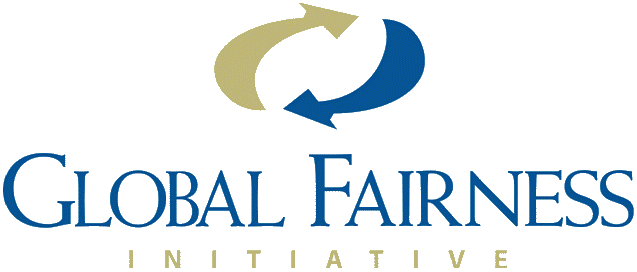Inclusive Labor Dialogue
Program Supporter: Open Society Foundations
Implementing Partners: Tunisia Inclusive Labor Institute (TILI)

Tunisia’s post-revolution period has been marked by power struggles and economic hardships punctuated by an adversarial political landscape, high national debt and unemployment, and the continued entrenchment of poverty and marginalization amongst Tunisia’s informal sector workforce. A growing loss of trust and confidence in public leaders and institutions has increased in the informal sector due to the failure to create an inclusive avenue for workers to voice and participate in issues that affect them. As the political and economic situation worsens, the working poor, especially the informal workers, were hit the hardest by the COVID-19 pandemic, which exacerbated their existing vulnerabilities and challenges.
The Tunisia Inclusive Labor Institute (TILI) collaborates with informal worker groups, local media stations, civil society organizations, and the Tunisian government to strengthen and institutionalize dialogue sessions, where informal workers can participate and lead national discourse to advocate for their rights and influence justice and accountability. Through understanding informal workers and their position towards the public dialogue in order to better construct social forums to advance their rights, enhancing the capacity and participation of informal workers in national dialogues around worker rights and economic justice, and developing a platform for knowledge sharing and collaboration on social dialogues, the collective voice and goals of informal sector can be forwarded.
The program conducted a survey targeting 314 informal workers, followed by capacity-building initiatives aimed at equipping key advocates with the necessary skills to manage and sustain dialogues in their regions. Training held in Kef, Kasserine, and Medenine has provided skills on dialogue tools and social and economic rights to 45 informal worker leaders to build their understanding and capacity. Twenty-four dialogue sessions developed and organized using findings from the survey have covered subjects including the absence of a minimum wage, exclusion from accessing public sector jobs, lack of social protection and healthcare, hazardous working conditions, discrimination and sexual harassment amongst women, These public discourses have led to the development of reforms and interventions that support access to information on social rights, recognition of the status of the care workers, encouraged the formalization of workers to professional status, encouraged ease of access to loans and microfinance for workers, identified formal job opportunities for migrants and the role of CSOs in supporting informal workers participation.
